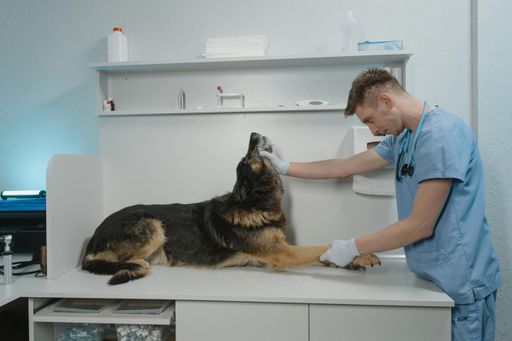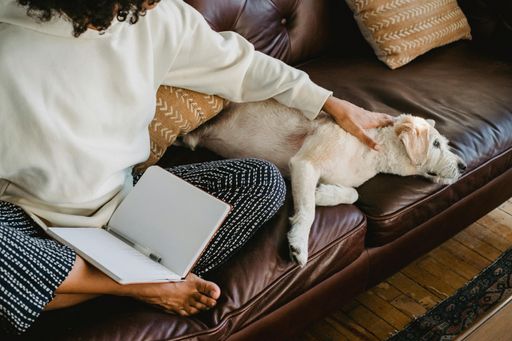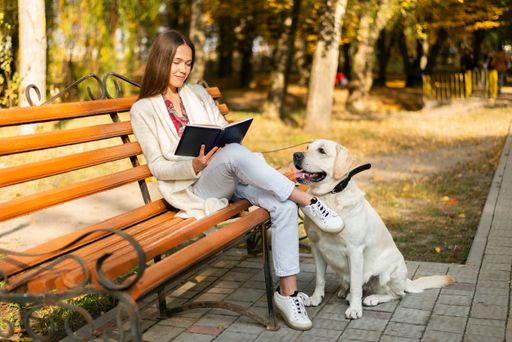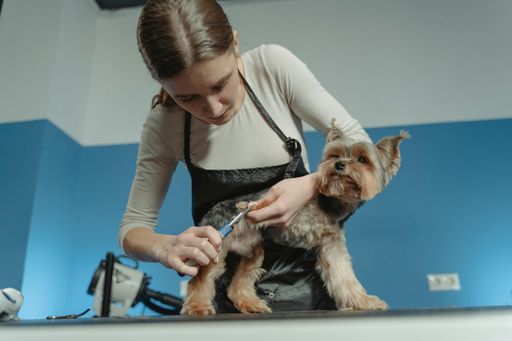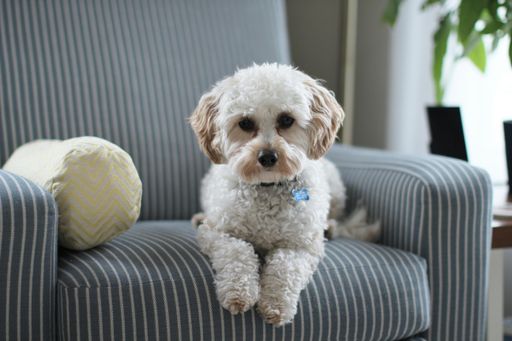Regular grooming of your pet can enhance not only their health and wellbeing but also your own. A coat that is left alone can become matted and uncomfortable, and it can also hide a range of health issues. By keeping on top of regular grooming, you’re not only benefiting yourself, but you’re also doing yourself a favor. Here’s why:
Behavioral changes
According to the RSPCA, grooming can impact your pet’s behavior in general. For example, mop-like dogs with hair hanging over their eyes can alter their vision and as such, can change their behavior. They may be frustrated at not being able to see properly and could be acting out, for example. Matting can restrict body movements, and if severe can lead to deformity; while irregular brushing can lead to heat stress as a result of double coating of fur, leaving your pet feeling lethargic. Regular grooming prevents all of these.
Confidence
You know the feeling you have when you walk straight out of the hair salon – your hair looking and feeling luscious and your confidence booming. The same can be said for dogs who have been to the groomers. They not only look better, they feel better as well – their nails are shorter, but their hair also is no longer matted and uncomfortable, they can see properly and hear better.
Avoid or catch medical problems
Through grooming, you are able to pay closer attention to your dog’s coat, skin, eyes, nails, ears, and mouth – all of which can show early obvious signs if your pet is ill. Itchy or flaking skin, lumps or dermatitis, runny eyes and nose, inflammation or bluish tints to the skin, swollen and red gums – these are all signs of illness you might spot while grooming that you might not otherwise notice.
Socialization
Grooming your pet allows them to get used to being touched, which in turn can help them relax when they are around other people. The socialization of dogs is essential as it helps to prevent fear and aggression when your pet is around other people or animals. Brushing their hair can help them to relax, and by touching them on their paws, brushing their buttocks and ears, and even looking into their mouth, you’re showing them that it's okay for them to be touched. This can help them react better when they need to be checked over by a vet, or if they are visiting a professional grooming salon.
It helps you, too
Through regular grooming of your pooch, you’re setting yourself up for less work at home. Your house will smell nicer thanks to the clean coat of your dog, there’ll be less shedding of hair so you won’t have to vacuum all the time, and you’re going to be able to keep on top of fleas and ticks – which could get into your carpets. Brushing your pooch is also a great way to bond.
On grooming your pet
Start small and slow. Don’t jump in with scissors, brush, bath, nail clippers, and blow dryers all at once. Start by doing one thing at a time to get your pup accustomed to the scene. Gently comb or brush your dog’s coat in the direction of the hair – using a dog brush. When you bath your pet, do this in a warm environment with warm water. Cold water and air can lower their body temperature, which in turn can make them feel sick.
Use a shampoo that is specifically designed for your dog’s skin and coat type – never use human shampoo on your pet. If you want to clip the fur, start by removing any mats and tangles – paying attention to skin and gum health as you go. Finally, make sure you end the process by giving your dog plenty of praise and a treat for being well behaved.
You want your pet’s grooming experience to be a happy one, so if you don’t have the time, energy or patience to groom your dog yourself, hire a professional. Not only are they fully trained in all types of grooming, but they’re also experienced with working with different pet personalities. They can assist if your pooch has anxiety or nervousness and can help calm them down if they’re over-excited.
Grooming your pup regularly is imperative to good health so take your time, keep calm, make it fun, and you and your pet will have a better experience.


